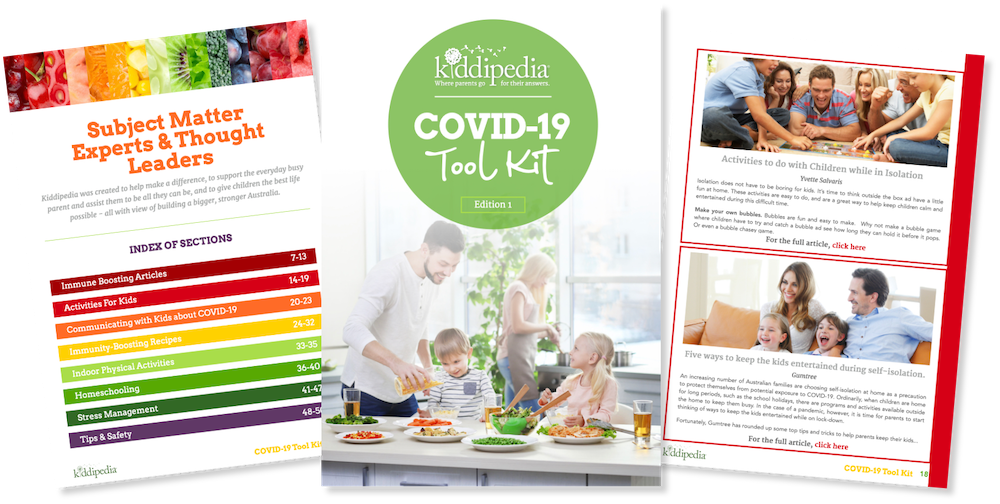By Sarah Smith of Bayside Dietetics
Facebook Bayside Dietetics
Instagram BaysideDietetics
There are important things that you can do, right from the start, to help nurture a positive relationship with food for your child.
Support One: You have a lot of jobs right now, but most of the decisions around feeding are up to your baby.
You have chosen whether to feed your baby breastmilk or formula. From there, your baby is responsible for pretty much everything else around feeding. Your baby will prompt you with when to feed, how much they need to take, and how fast they will feed. Follow their prompts to nurture their trust in their own cues.
Support Two: Start role modelling early.
Your child loves being with you, so as she or he gets older, take opportunities to bring him or her to the table with you when you eat. Your child will enjoy the experience and start to learn what eating is all about. They will associate meals as a calm and enjoyable experience when they can spend some time with you.
Support Three: Continue to follow your baby’s cues when it comes to timing of starting solids.
Around six months of age, your baby will start showing signs of being ready to eat. It is these cues, more than their age, that are most important when choosing when to start solids. Readiness cues include being able to sit up, to see food coming, and to lean in and open up the mouth for food. After putting a spoon in to feed your child, he or she will close their lips around the spoon.
When you see these cues, around six months of age, it’s a great time to start.
Following these simple support strategies can help to foster an enjoyable and natural relationship with food for your child. More information can be found at the wonderful Ellyn Satter Institute www.ellynsatterinstitute.org









